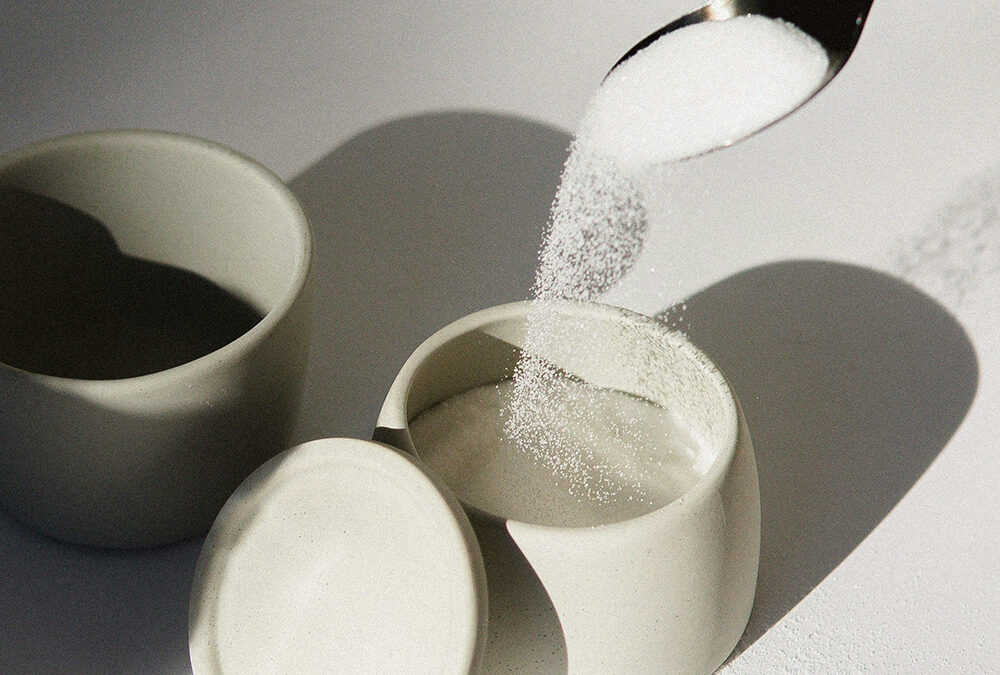By Robin Stoloff
Health & Wellness
Let’s face it, February is a month of indulgence. From heart-shaped chocolates on Valentine’s Day to Super Bowl snacks and comfort food during the chill of winter, sugar is everywhere.
While it may sweeten the season, our love affair with sugar comes at a cost – especially to our hearts.
Americans consume an average of 17 teaspoons of added sugar per day, far exceeding the recommended limit of six teaspoons for women and nine teaspoons for men, according to the American Heart Association (AHA).
Valentine’s Day and the Super Bowl just amp things up. Soda and sweet beverages, candy, desserts and a tidal wave of processed and sugary snacks make it a perfect storm of sweetness and a peak season for sugar overload.
We often associate sugar with weight gain and diabetes, but its impact on heart health is just as alarming. A diet high in sugar can lead to higher blood pressure, chronic inflammation and increased triglycerides – all major red flags for cardiovascular disease.
Studies show that people who get 25% or more of their daily calories from added sugar are more than twice as likely to die from heart disease compared to those who keep their intake below 10%.
Sugar is a sneaky culprit in weight gain. It spikes blood sugar levels, leading to insulin resistance and fat storage, particularly around the belly, which is a known risk factor for heart disease. Plus, those liquid sugars lurking in sodas and fruit juices? They’re especially troublesome because they don’t trigger the same fullness signals as solid food, making it easy to overdo it.
Too much sugar over time can increase the risk of type 2 diabetes, which doubles the likelihood of developing heart disease. One in 10, or 38 million Americans, already live with diabetes, and millions more are prediabetic.
It is no secret that cutting back on sugar is a crucial step for protecting our hearts. Here is the good news: we don’t have to give up sweetness entirely. Making small, mindful changes can help keep our heart healthy without sacrificing flavor.
Start by choosing whole foods such as fruits, vegetables, lean proteins and whole grains instead of processed, sugar-laden options. Small steps and mindful changes can make a big difference for our heart health.
Sugar often hides under different names, so we need to be label detectives. Keep an eye out for ingredients such as high-fructose corn syrup, sucrose, glucose and maltose. If one of these is near the top of the ingredients list, it is not our best choice.
Rethinking our drink choices is another effective strategy. Swap out sugary sodas and fruit juices for water, herbal tea, or sparkling water with a squeeze of citrus.
When it comes to desserts, enjoy them in moderation. Choose dark chocolate or naturally sweetened treats instead of processed candies.
And one of the best things we can do? Whenever possible, cook at home. Preparing meals from scratch allows us to control ingredients and avoid added sugars found in restaurant meals and packaged foods.
Reducing sugar can lower our risk of heart disease, boost our energy levels and help us feel our best – not just in February, but all year long.
So go ahead, enjoy the occasional treat. But remember, too much sugar is anything but sweet for our heart.
Robin is a former television reporter for NBC News 40. She currently hosts a podcast and radio program called Living Well with Robin Stoloff. It airs Sundays at 10 AM on Lite 96.9. You can email Robin at livingwellwithrobin@gmail.com


















